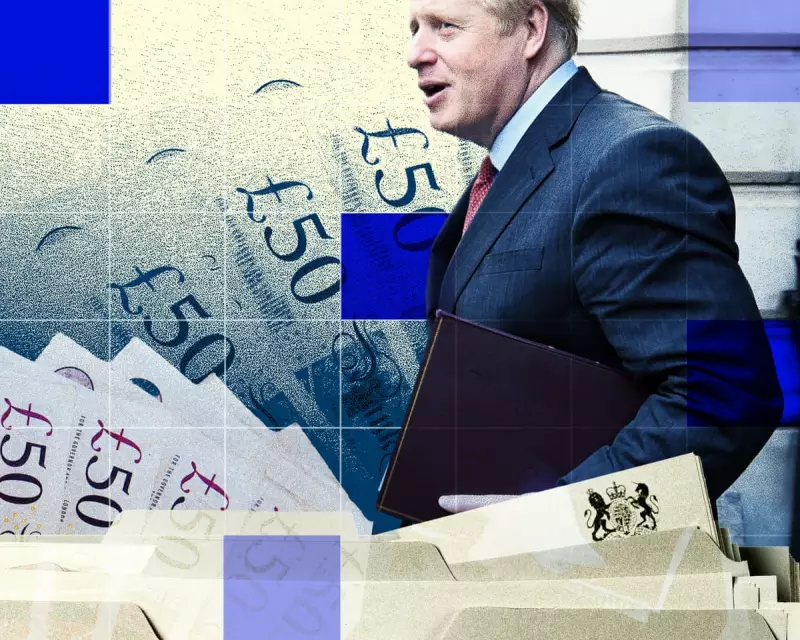
A trove of highly sensitive documents belonging to Boris Johnson has been made public, pulling back the curtain on the tumultuous inner workings of his premiership. Dubbed 'The Boris Johnson Files', this unprecedented collection includes thousands of WhatsApp messages, personal notebooks, and official government papers.
The files, central to the UK's Covid-19 public inquiry, lay bare the frantic decision-making and internal conflicts that characterised Number 10's response to the pandemic. They offer a raw, unfiltered look at the challenges faced by ministers and officials during a period of national crisis.
What's Inside the Explosive Cache?
The document dump is vast and revealing. It includes:
- Private WhatsApp exchanges: Candid conversations between Johnson, key ministers like Rishi Sunak and Matt Hancock, and senior advisers, including Dominic Cummings.
- Official notebooks: The former Prime Minister's contemporaneous notes from crucial meetings.
- Official papers: A wealth of government documents, memos, and submissions that informed policy.
A Window into Whitehall's Pandemic Panic
The messages are expected to provide critical evidence for the official inquiry into the UK's handling of the pandemic. They capture the real-time reactions, disputes, and debates that shaped the nation's fate—from implementing lockdowns to managing the economy and organising the vaccine rollout.
Beyond the pandemic, the files also shed light on other defining moments of Johnson's tenure, including the final stages of Brexit negotiations and the political turmoil that ultimately led to his resignation.
A Legacy of Secrecy and Transparency
The release of these files follows a significant legal and political tussle. Johnson himself resisted their handover to the inquiry for months, arguing it would set a damaging precedent and inhibit the confidentiality of future government discussions. However, after being ordered by the High Court, he complied, surrendering the material to the inquiry chair, Baroness Hallett.
The government also initially attempted to block the inquiry's access, a move that was overruled by the courts, emphasising the supremacy of the public's right to understand the decisions made on their behalf.
This transparency, however, comes with a caveat. The inquiry chair has the authority to redact sections deemed irrelevant or excessively personal, ensuring the focus remains squarely on matters of significant public interest.
As the public and media sift through this monumental release, the files promise to redefine the historical understanding of one of the most chaotic and consequential periods in recent British political history.






